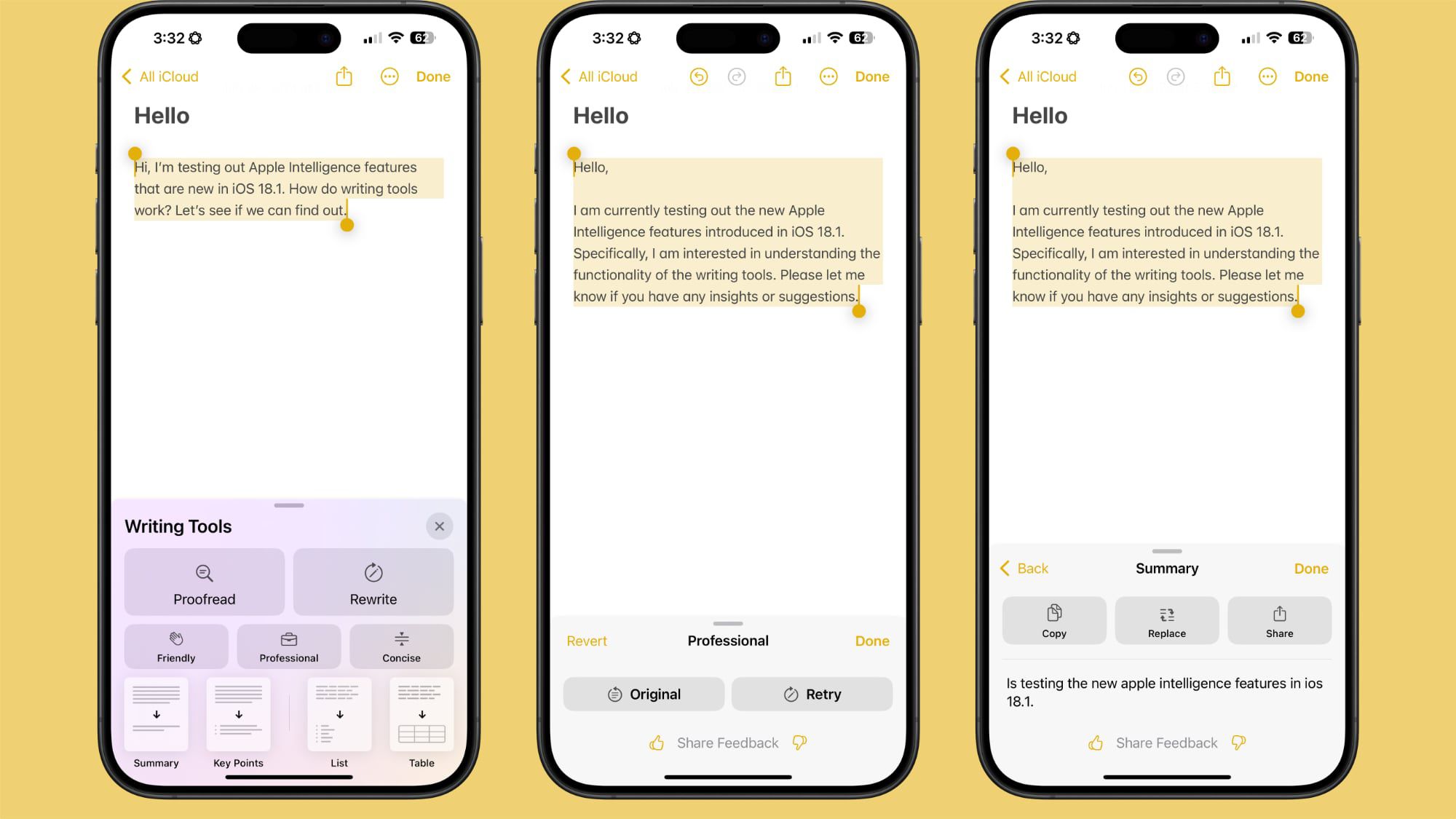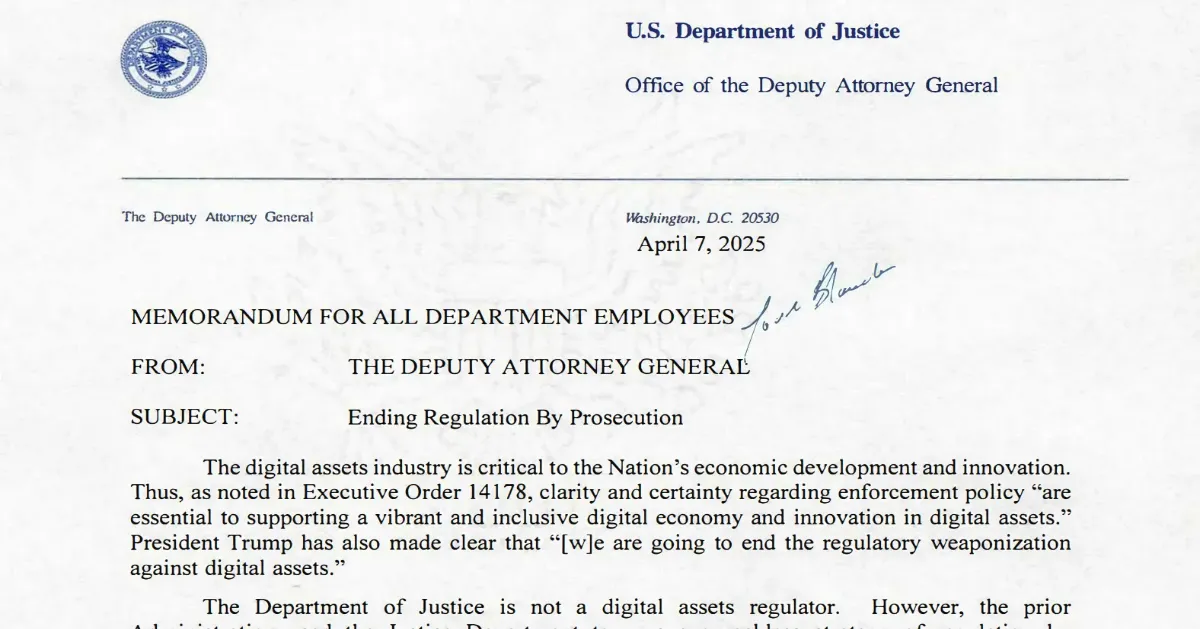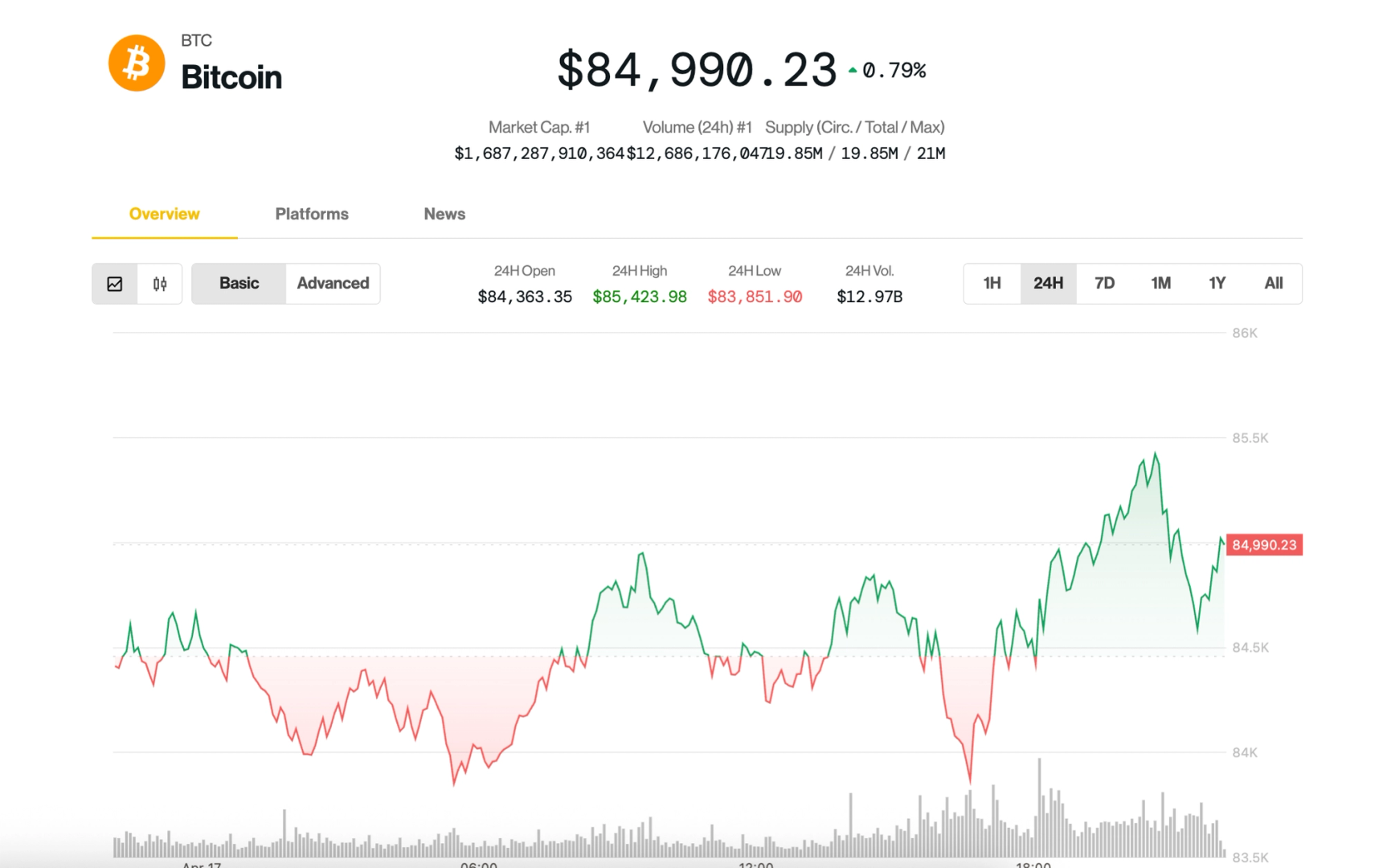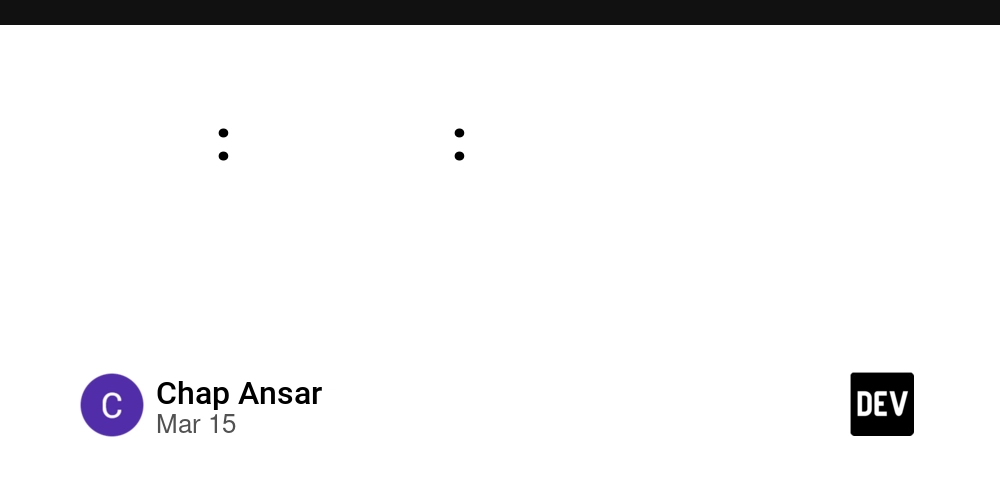Systems Programming and Overstimulation: Finding Balance in a Complex Technical Industry
In the demanding world of systems programming and DevOps, where we work with infrastructure, deployment pipelines, and complex system configurations, cognitive overload isn't just an occasional annoyance—it's an occupational hazard. As a mid-level DevOps engineer who transitioned from a marketing career, I've experienced a significant shift in how my brain handles daily work and mental stimulation. From Marketing Multitasking to Technical Deep Focus My career transition from marketing specialist to DevOps engineer brought an unexpected challenge: a complete rewiring of how I manage cognitive load and attention. In marketing, my days were filled with varied, shorter tasks—crafting content for ad messaging, targeting, and bidding strategies for Google ads, analyzing campaign metrics, coordinating with design and dev teams, and jumping between multiple client projects. This diversity of work actually suited a certain type of attention management where context-switching was frequent but the depth of focus required for each task was relatively manageable. DevOps engineering creates an entirely different cognitive environment with a perfect storm of factors that lead to overstimulation: 1. Extreme Technical Depth When debugging why a newly deployed application returns a 404 error or troubleshooting a Lambda function that can't connect to a database, we're not just dealing with a single layer of abstraction. We're simultaneously juggling: Network configuration and security groups Container settings or serverless execution contexts IAM permissions and access policies Application configurations across environments CI/CD pipeline variables and deployment logs Each of these domains demands deep technical understanding, and we're constantly switching between them as we solve problems. This mental context-switching exacts a cognitive toll that accumulates throughout the workday. 2. High-Stakes Decision Making In systems programming, the consequences of errors can be severe. A subtle if else condition in the infrastructure setup might cause rare data path not being found. An inefficient security patterns could create security vulnerabilities and risk affecting credentials gets exposed to the web. This creates an environment where: Every decision feels consequential The margin for error is slim The pressure to "get it right" is constant This pressure amplifies the mental load and can lead to decision fatigue—a state where our ability to make good technical choices diminishes as the day progresses. 3. Attention Fragmentation Modern development environments don't help matters. A typical systems programmer might simultaneously manage: Multiple terminal sessions Several IDE windows Documentation browsers Communication tools like Slack or Discord Monitoring dashboards CI/CD pipelines Each of these information sources competes for our attention, creating a constant state of partial focus that leaves us mentally drained. The Debugging Intensity: A Different Kind of Focus The most jarring transition has been debugging complex systems issues. In marketing, I could often multitask effectively—perhaps answering emails while sitting in on a conference call, or editing copy while monitoring social media responses. With DevOps and systems work, debugging demands a completely different cognitive mode. When troubleshooting a failed deployment pipeline or tracking down an intermittent network issue, there's no multitasking. There's only the problem and a deep, sustained focus that can last for hours. This intense, single-track concentration is mentally taxing in ways my previous career never prepared me for. Where marketing work often provided frequent small dopamine hits from completing numerous smaller tasks throughout the day, debugging provides no satisfaction until the entire problem is solved—which might take hours or even days of concentrated effort. Recognizing the Signs of Overstimulation Since transitioning to technical field, I've learned to recognize when my brain is approaching its processing limits: Debugging Plateau: When I've been staring at a complex certificate not found issue for hours and my analytical ability starts to degrade Implementation Paralysis: When faced with multiple valid approaches to a systems design problem, I suddenly can't evaluate the tradeoffs clearly Documentation Blindness: Reading the same paragraph of technical documentation repeatedly and not understanding it Environmental Sensitivity: Becoming unusually irritated by background conversations, office noise, or even the sound of keyboard clicks Technical Tunnel Vision: Fixating on one approach to a problem while missing obvious alternatives These are all signs that my cognitive systems are overloaded and need a reset. Strategies That Actually Work Through trial and error in my journey from marketing specialist to mid-level DevOps engine
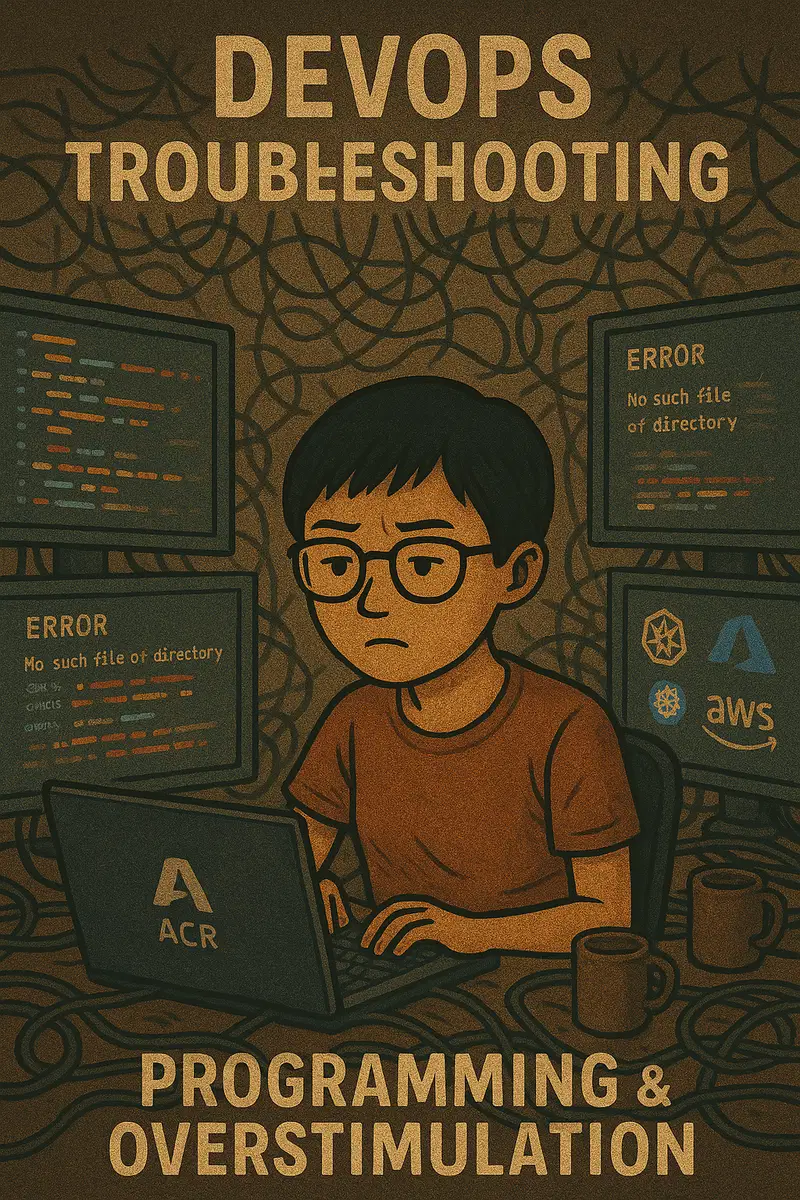
In the demanding world of systems programming and DevOps, where we work with infrastructure, deployment pipelines, and complex system configurations, cognitive overload isn't just an occasional annoyance—it's an occupational hazard.
As a mid-level DevOps engineer who transitioned from a marketing career, I've experienced a significant shift in how my brain handles daily work and mental stimulation.
From Marketing Multitasking to Technical Deep Focus
My career transition from marketing specialist to DevOps engineer brought an unexpected challenge: a complete rewiring of how I manage cognitive load and attention.
In marketing, my days were filled with varied, shorter tasks—crafting content for ad messaging, targeting, and bidding strategies for Google ads, analyzing campaign metrics, coordinating with design and dev teams, and jumping between multiple client projects. This diversity of work actually suited a certain type of attention management where context-switching was frequent but the depth of focus required for each task was relatively manageable.
DevOps engineering creates an entirely different cognitive environment with a perfect storm of factors that lead to overstimulation:
1. Extreme Technical Depth
When debugging why a newly deployed application returns a 404 error or troubleshooting a Lambda function that can't connect to a database, we're not just dealing with a single layer of abstraction. We're simultaneously juggling:
- Network configuration and security groups
- Container settings or serverless execution contexts
- IAM permissions and access policies
- Application configurations across environments
- CI/CD pipeline variables and deployment logs
Each of these domains demands deep technical understanding, and we're constantly switching between them as we solve problems. This mental context-switching exacts a cognitive toll that accumulates throughout the workday.
2. High-Stakes Decision Making
In systems programming, the consequences of errors can be severe. A subtle if else condition in the infrastructure setup might cause rare data path not being found. An inefficient security patterns could create security vulnerabilities and risk affecting credentials gets exposed to the web. This creates an environment where:
- Every decision feels consequential
- The margin for error is slim
- The pressure to "get it right" is constant
This pressure amplifies the mental load and can lead to decision fatigue—a state where our ability to make good technical choices diminishes as the day progresses.
3. Attention Fragmentation
Modern development environments don't help matters. A typical systems programmer might simultaneously manage:
- Multiple terminal sessions
- Several IDE windows
- Documentation browsers
- Communication tools like Slack or Discord
- Monitoring dashboards
- CI/CD pipelines
Each of these information sources competes for our attention, creating a constant state of partial focus that leaves us mentally drained.
The Debugging Intensity: A Different Kind of Focus
The most jarring transition has been debugging complex systems issues. In marketing, I could often multitask effectively—perhaps answering emails while sitting in on a conference call, or editing copy while monitoring social media responses.
With DevOps and systems work, debugging demands a completely different cognitive mode. When troubleshooting a failed deployment pipeline or tracking down an intermittent network issue, there's no multitasking. There's only the problem and a deep, sustained focus that can last for hours. This intense, single-track concentration is mentally taxing in ways my previous career never prepared me for.
Where marketing work often provided frequent small dopamine hits from completing numerous smaller tasks throughout the day, debugging provides no satisfaction until the entire problem is solved—which might take hours or even days of concentrated effort.
Recognizing the Signs of Overstimulation
Since transitioning to technical field, I've learned to recognize when my brain is approaching its processing limits:
- Debugging Plateau: When I've been staring at a complex certificate not found issue for hours and my analytical ability starts to degrade
- Implementation Paralysis: When faced with multiple valid approaches to a systems design problem, I suddenly can't evaluate the tradeoffs clearly
- Documentation Blindness: Reading the same paragraph of technical documentation repeatedly and not understanding it
- Environmental Sensitivity: Becoming unusually irritated by background conversations, office noise, or even the sound of keyboard clicks
- Technical Tunnel Vision: Fixating on one approach to a problem while missing obvious alternatives
These are all signs that my cognitive systems are overloaded and need a reset.
Strategies That Actually Work
Through trial and error in my journey from marketing specialist to mid-level DevOps engineer, I've developed several techniques to manage this new type of overstimulation without sacrificing productivity:
1. Intentional Attention Management
Rather than attempting to multitask constantly (which research consistently shows is ineffective), I block my day into distinct modes:
- Deep Work Blocks: 90-120 minute sessions of uninterrupted focus on a single complex problem, with all notifications disabled
- Shallow Work Periods: Time allocated for code reviews, emails, and other less cognitively demanding tasks
- Collaboration Windows: Scheduled times for meetings and pair programming, concentrated into specific parts of the day
This approach allows my brain to settle into appropriate levels of focus for each type of work rather than constantly shifting gears.
2. Environmental Design
I've carefully crafted my work environment to minimize unnecessary stimulation:
- Noise-canceling headphones playing ambient sound or instrumental music
- A (slightly) clean desk policy with minimal visual distractions
- A dedicated secondary monitor solely for documentation
- Strategic use of natural lighting
3. Cognitive Offloading
Instead of keeping complex system details in working memory, I aggressively externalize information:
- Detailed diagrams of system components and interactions
- Personal documentation of debugging processes
- Checklists for recurring complex procedures
- Digital note-taking systems that capture contextual details about problems
This practice preserves mental bandwidth for the creative problem-solving aspects of systems programming.
4. Physiological Reset Techniques
When I notice signs of overstimulation, I use specific physical interventions:
Brief outdoor walks without devices
Even 5–10 minutes outside, unplugged from screens, helps ground me and clear mental clutter.Modified 4-7-8 breathing exercises
Deep, paced breathing reduces cortisol levels and helps shift me into a calmer state.Quick bursts of physical activity
A few pushups, dumbbell exercises, jumping jacks, or even spontaneous mid-day karaoke can rewire my focus by engaging different neural pathways.Hydration + protein-based snacks
Staying hydrated and having a quick protein snack keeps my energy stable and wards off the fatigue that contributes to overwhelm.Low-carb, high-fiber lunches
This dietary choice helps minimize sugar spikes and the post-lunch energy crash that can derail my productivity.Talking to people
Sometimes just a short conversation—especially with someone positive or empathetic—helps reset my nervous system and reminds me I'm not alone.
These simple biological interventions have surprising effects on cognitive resilience.
5. Technical Context Management
To reduce the mental overhead of switching between complex systems:
- I maintain detailed "context documents" for each major project
- I use consistent development environments across projects
- I create automation scripts for repetitive development tasks
- I implement code organization patterns
These practices reduce the "reorientation tax" paid when moving between different technical domains.
Embracing the Career Transition
The transition from marketing's varied, multitasking-friendly environment to the deep technical focus required in DevOps represents more than just learning new skills—it's required rewiring how I approach work at a fundamental level.
Some days I still find myself instinctively reaching to check email or Slack during a debugging session, a habit that served me well in marketing but now only fragments my focus and extends the time needed to solve complex technical problems.
I've had to accept that my previous ability to juggle multiple streams of attention—once a point of pride in my marketing career—is actually counterproductive in my new role. The mental muscles I'm developing now are different: sustained concentration, methodical problem decomposition, and the patience to trace complex system interactions without taking shortcuts.
The Bigger Picture: Sustainable Technical Expertise
As technical professionals, we're knowledge workers whose primary tool is our cognitive capacity. Protecting this resource isn't just about short-term productivity—it's about career longevity.
The reality is that burnout and chronic overstimulation can permanently degrade our ability to solve complex problems. I've watched colleagues leave the field entirely after years of ignoring their cognitive limits.
Learning to work with—rather than against—our brain's attentional systems is perhaps the most important meta-skill we can develop in technical roles. The technologies we work with will change, but the fundamental challenge of managing cognitive load will remain constant.
By developing awareness of our mental states and implementing deliberate practices to manage overstimulation, we can sustainably tackle complex systems challenges for decades rather than burning bright and fading fast—even when coming from non-traditional backgrounds like marketing.
What strategies do you use to manage cognitive load in your technical work? Share your experiences in the comments below.




























![[Webinar] AI Is Already Inside Your SaaS Stack — Learn How to Prevent the Next Silent Breach](https://blogger.googleusercontent.com/img/b/R29vZ2xl/AVvXsEiOWn65wd33dg2uO99NrtKbpYLfcepwOLidQDMls0HXKlA91k6HURluRA4WXgJRAZldEe1VReMQZyyYt1PgnoAn5JPpILsWlXIzmrBSs_TBoyPwO7hZrWouBg2-O3mdeoeSGY-l9_bsZB7vbpKjTSvG93zNytjxgTaMPqo9iq9Z5pGa05CJOs9uXpwHFT4/s1600/ai-cyber.jpg?#)












































































































































![[The AI Show Episode 144]: ChatGPT’s New Memory, Shopify CEO’s Leaked “AI First” Memo, Google Cloud Next Releases, o3 and o4-mini Coming Soon & Llama 4’s Rocky Launch](https://www.marketingaiinstitute.com/hubfs/ep%20144%20cover.png)




















































































































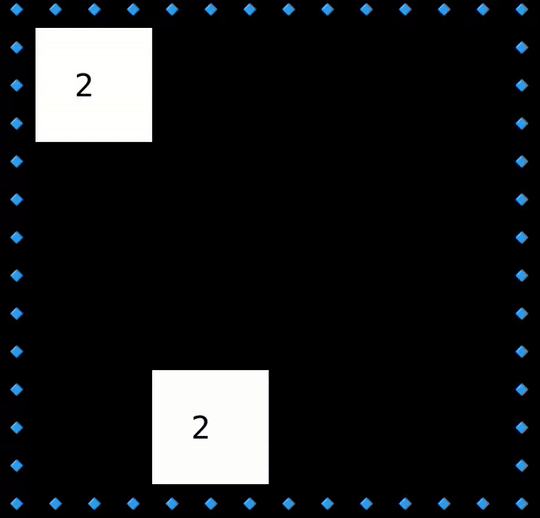
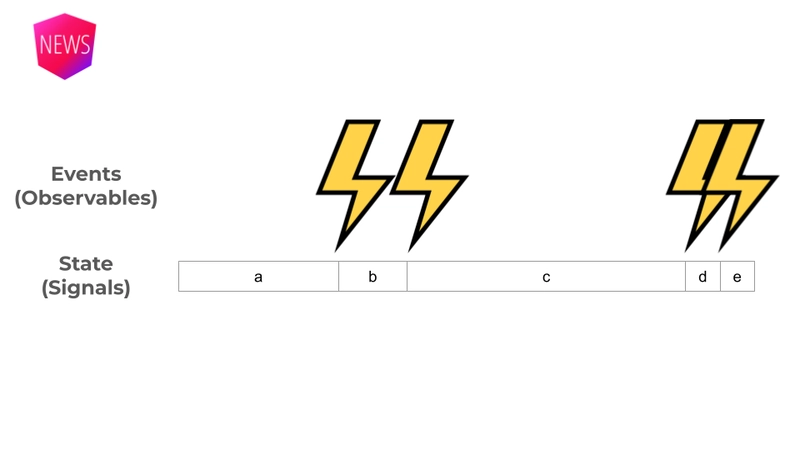



























































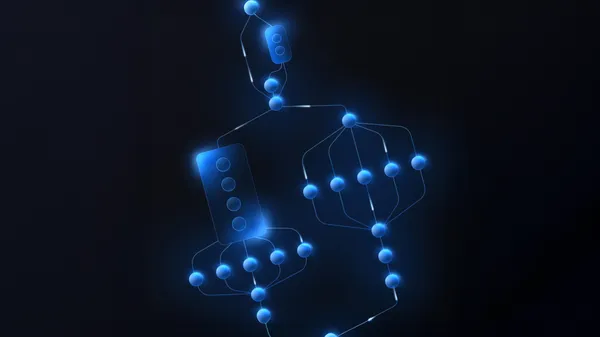

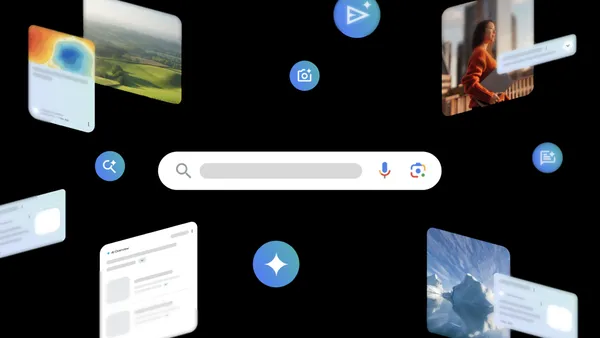





















![Rogue Company Elite tier list of best characters [April 2025]](https://media.pocketgamer.com/artwork/na-33136-1657102075/rogue-company-ios-android-tier-cover.jpg?#)






























































































































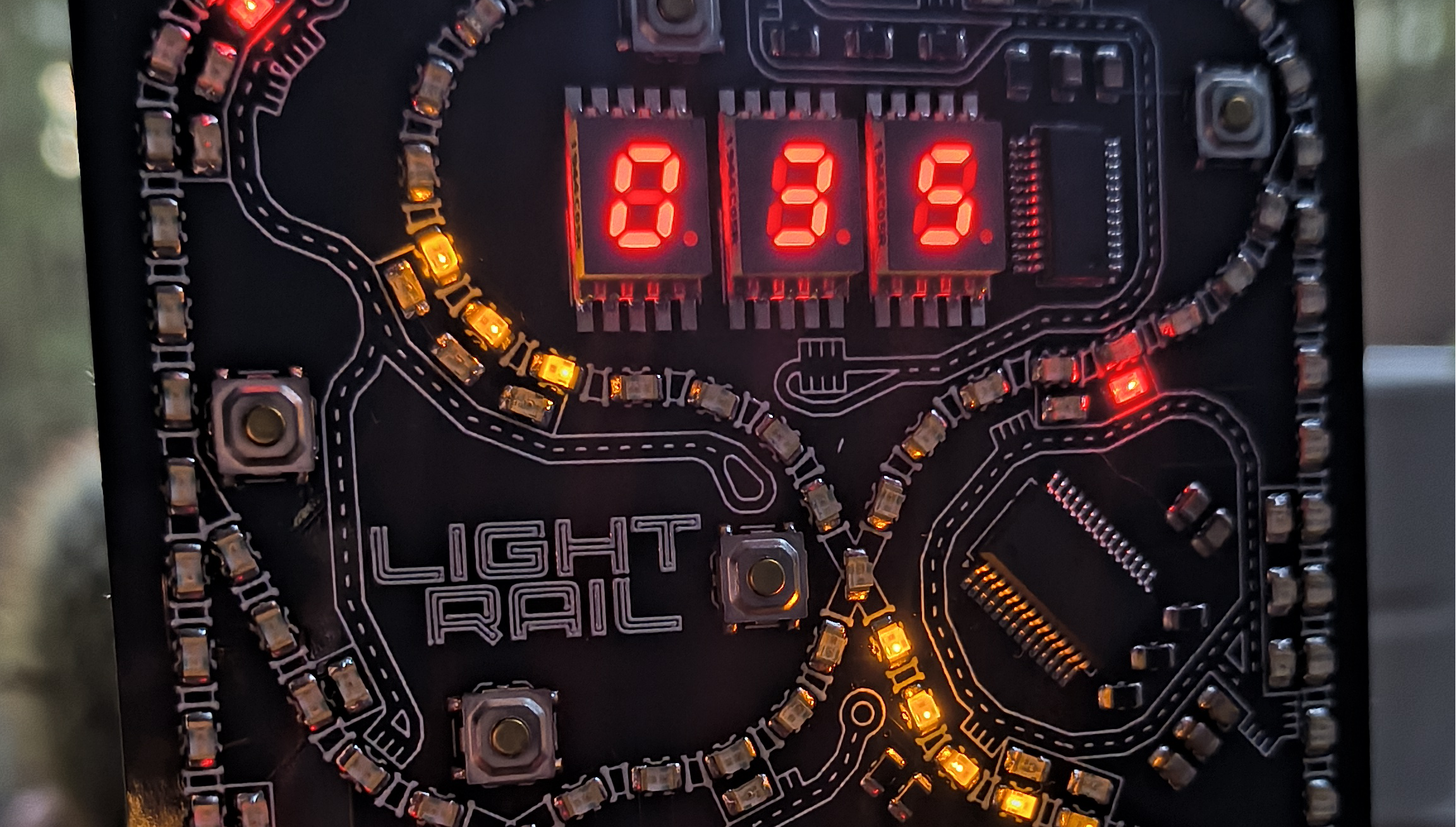

























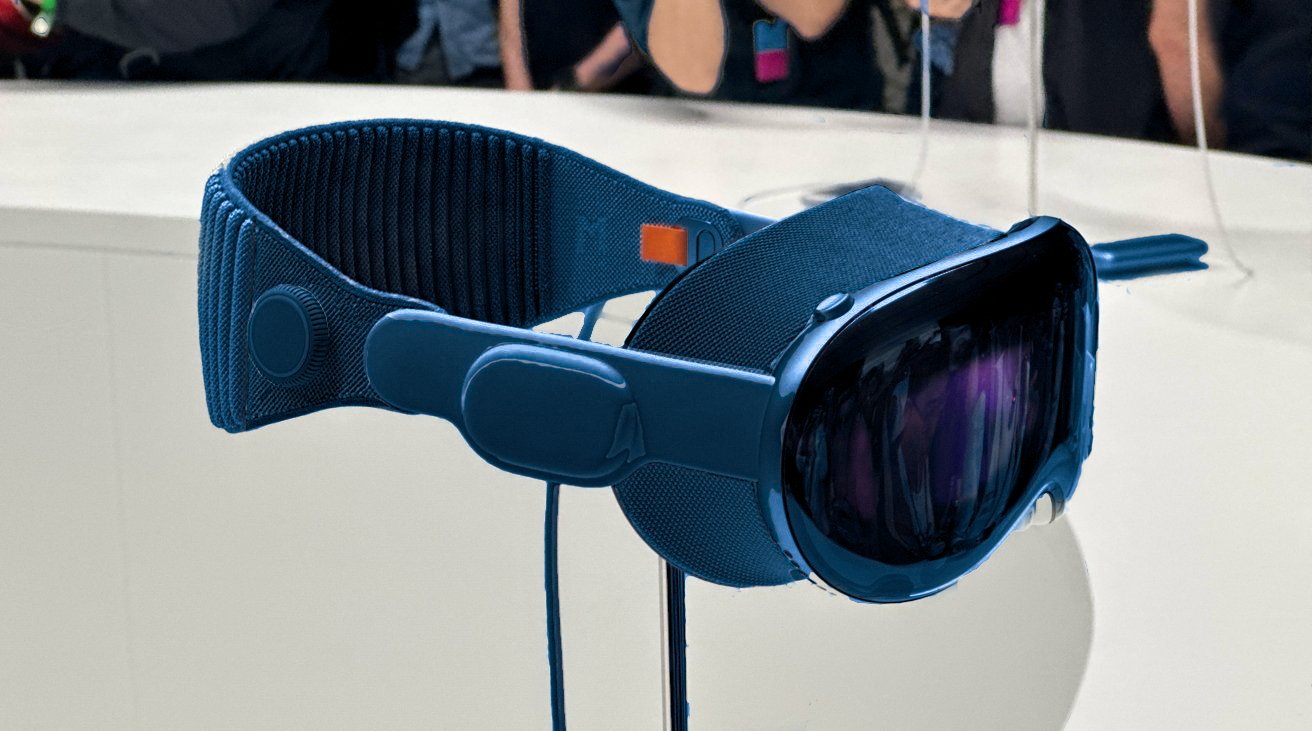







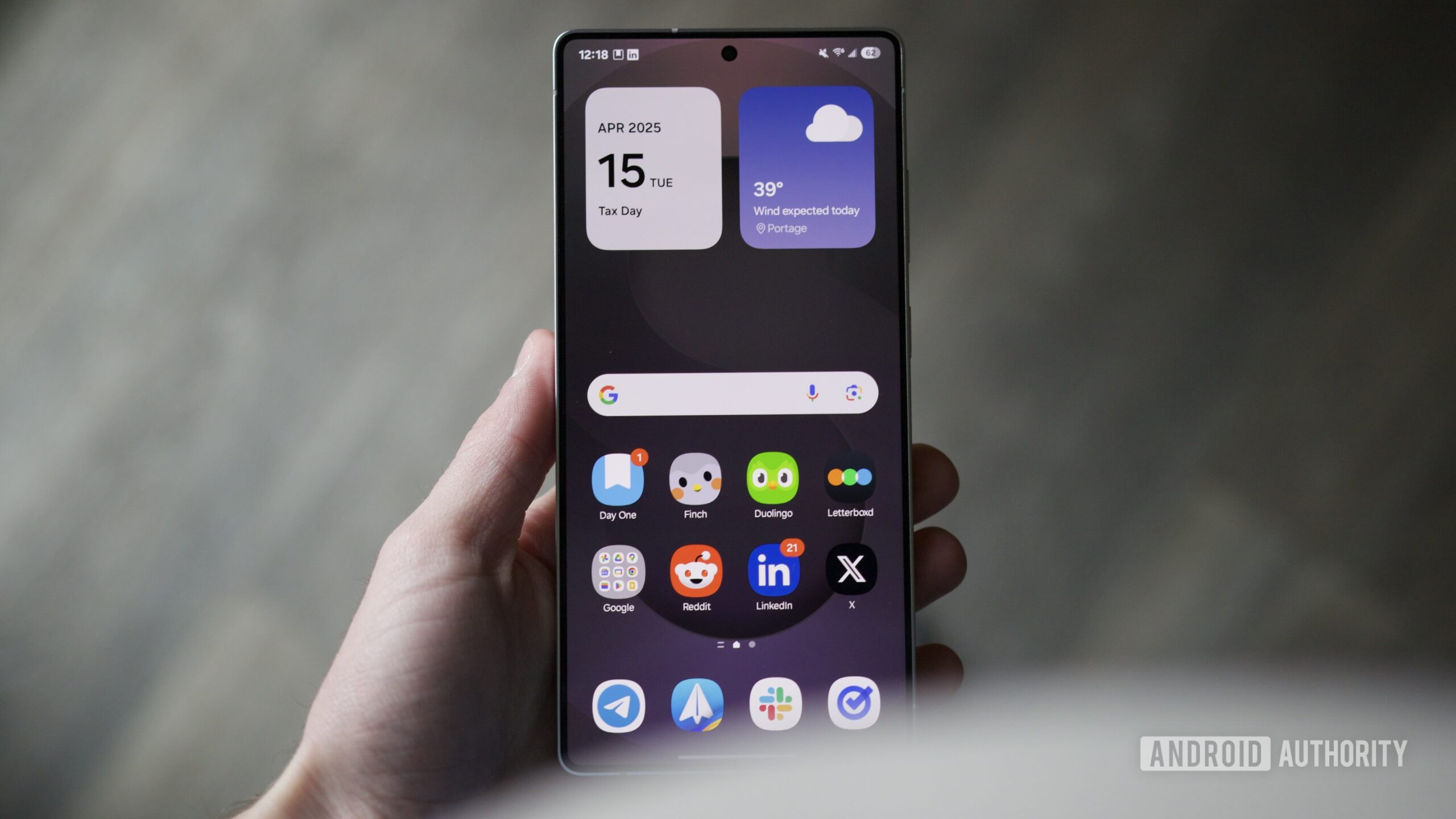
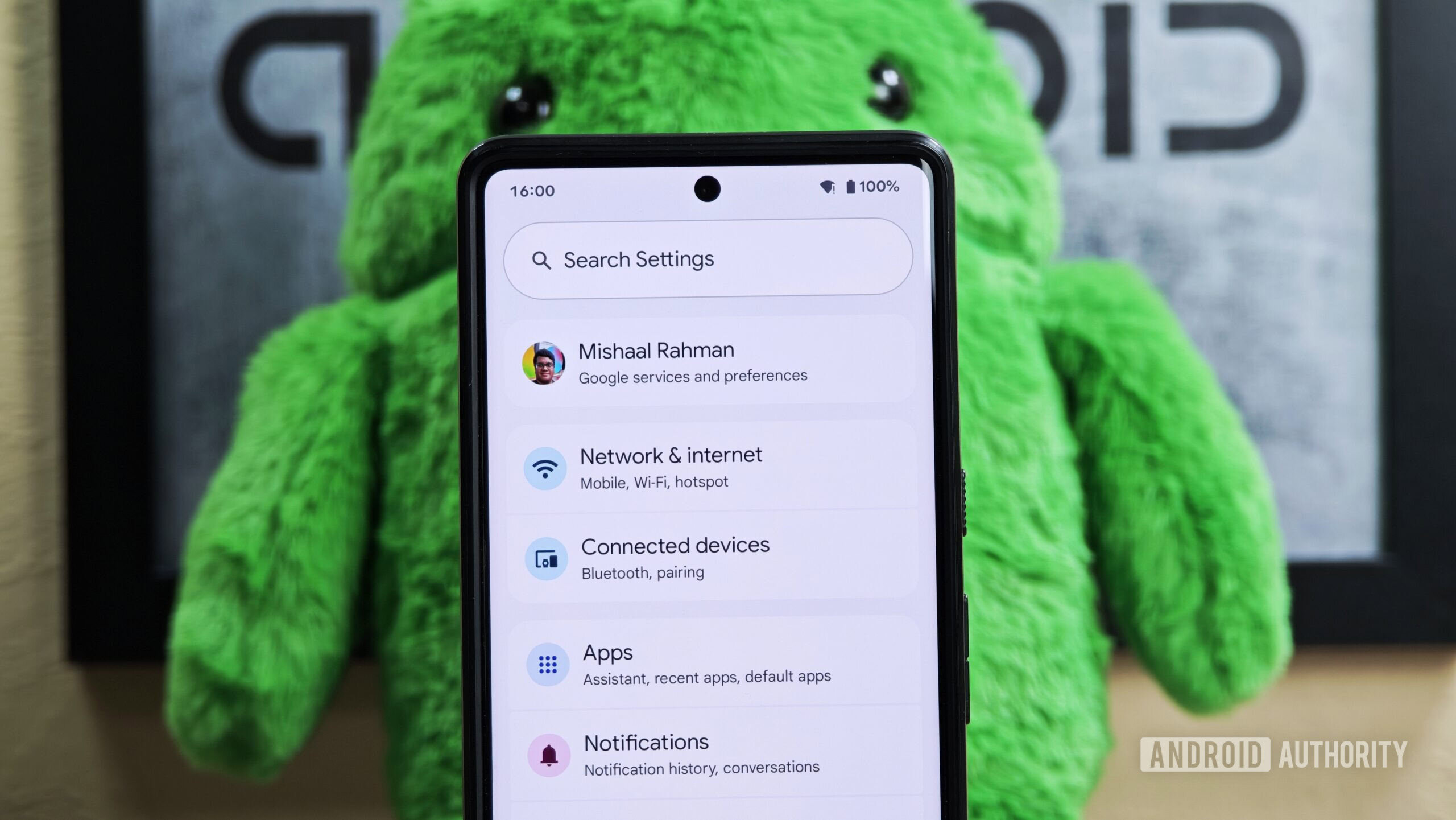




![Here’s the first live demo of Android XR on Google’s prototype smart glasses [Video]](https://i0.wp.com/9to5google.com/wp-content/uploads/sites/4/2025/04/google-android-xr-ted-glasses-demo-3.png?resize=1200%2C628&quality=82&strip=all&ssl=1)












![New Beats USB-C Charging Cables Now Available on Amazon [Video]](https://www.iclarified.com/images/news/97060/97060/97060-640.jpg)

![Apple M4 13-inch iPad Pro On Sale for $200 Off [Deal]](https://www.iclarified.com/images/news/97056/97056/97056-640.jpg)











































